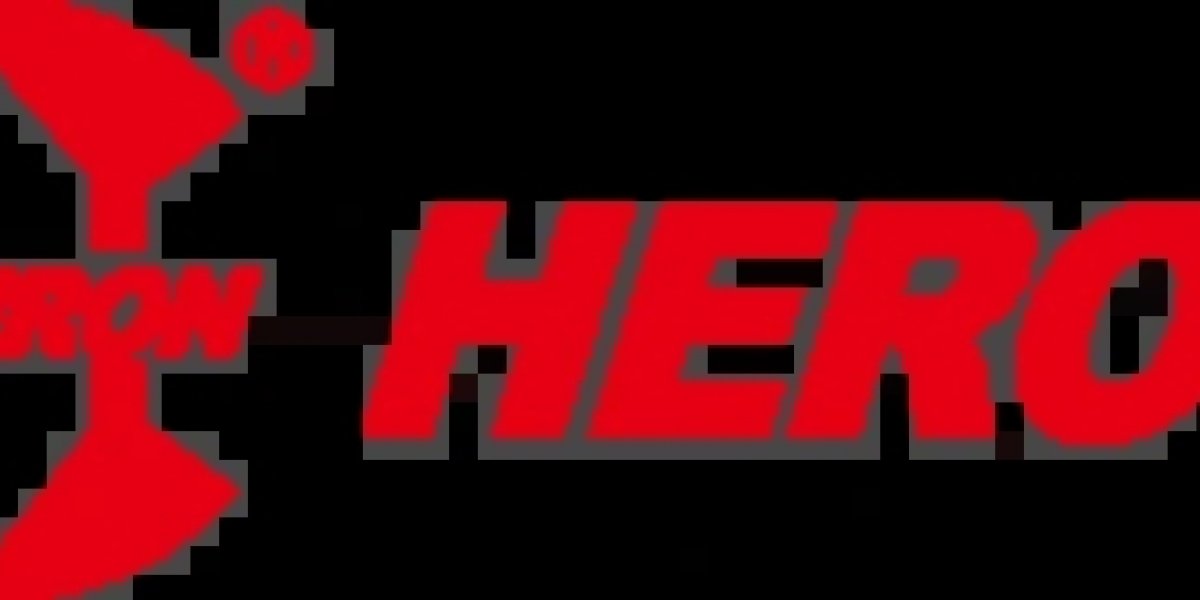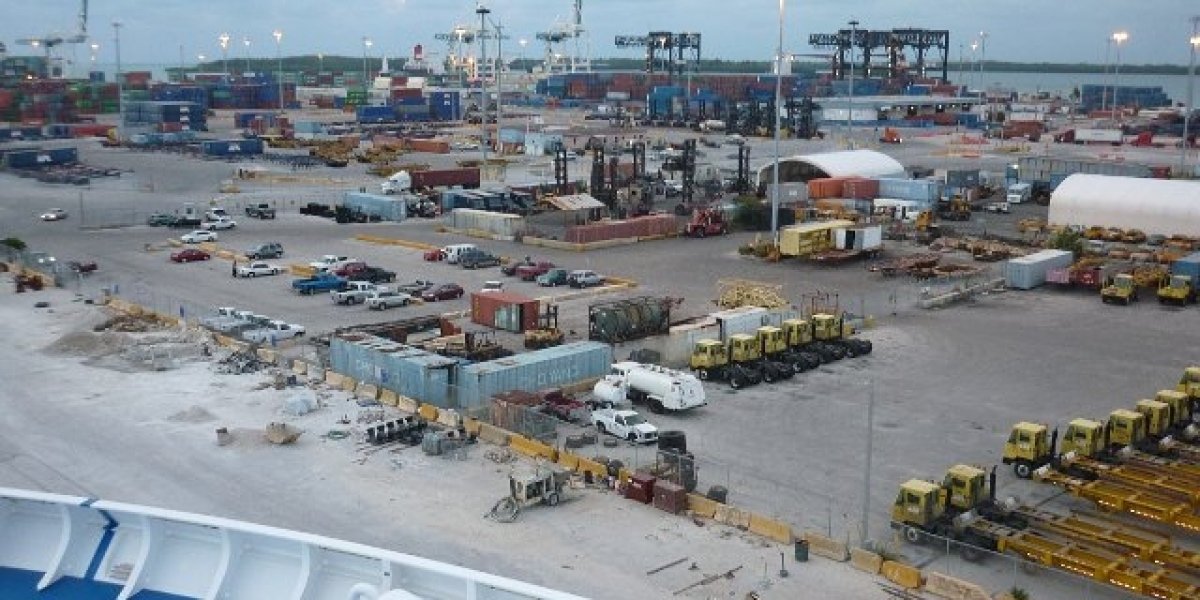A riveting machine is designed to join two or more metal sheets or components by driving a rivet through them and mechanically securing the joint. Unlike welding, this process is cold-forming—no heat, no sparks, and minimal workpiece distortion. Heron pioneered FSPR technology, enabling manufacturers to reliably join aluminum, steel, and composite parts—even in locations difficult to reach with traditional rivets or welders.
Core Features:
Flexible, miniaturized machines built for automation and custom integration
Online quality monitoring for real-time control and error prevention
Quick mold changes for agile production
Low energy consumption and reduced operating costs
1. High-Speed Automated Production:
Riveting machines seamlessly support both standalone and robotic assembly cells, delivering stable, high-volume output with minimal manual intervention.
2. Cost Efficiency:
FSPR technology keeps procurement, maintenance, and rivet costs low—with energy-efficient operation and reduced mold change frequency for maximum profitability.
3. Minimal Workpiece Impact:
Cold-forming, flush riveting preserves the appearance and integrity of parts. Less rework and post-processing leads to cleaner, market-ready products.
4. Versatility and Greening Upgrades:
With growing environmental regulations, machines that save energy and reduce waste help companies hit sustainability targets.
5. Online Quality Monitoring:
Advanced systems provide feedback and closed-loop control, guaranteeing every join meets strict safety and durability standards
Automotive: Lightweight, dissimilar materials and intricate assemblies now demand more precise, miniaturized joining—especially for vehicle body structures and safety-critical components.
Aerospace: Stable, corrosion-resistant joins are essential as alloy diversity expands and designs become complex.
Appliances & Electronics: Modern consumer goods require fast, clean, flush joining for appearance and reliability.
General Industrial Fabrication: Quick mold adjustment, fast cycle times, and process flexibility suit all high-mix production types.
Even advanced technology can face occasional setbacks. Here are common issues and solutions:
Weak Joints:
Review settings for punch force and rivet choice
Check material compatibility between parts
Maintain and inspect dies for wear and alignment
Surface Damage/Distortion:
Calibrate punch and dies to avoid over-forming
Clean tools before every run
Test on scrap material when switching alloys or sheet thickness
Inconsistent Results:
Verify input material specs and batch quality
Utilize built-in quality monitoring to automate error detection
Train operators on adjustment, maintenance, and basic troubleshooting
Frequent Mold Changes/Downtime:
Opt for modular, quick-change molds
Document setup procedures for different jobs
Schedule preventative maintenance
Heron’s pioneering FSPR machining offers not just technology, but expertise and support for integration, process optimization, and operator training. With industry-best quality monitoring, customizable options, and decades of proven results—from automotive factories to custom fabrication shops—the benefits are clear.
Upgrading to a riveting machine means investing in lower costs, smarter processes, better sustainability, and products built to excel in global markets.
Conclusion: Future-Proof Your Factory with Advanced Riveting
For manufacturers aiming for excellence and trouble-free joining, the riveting machine is a vital asset. Solve your production challenges, improve aesthetics, and support high-speed, automated workflows with industry-leading technology from Heron.








